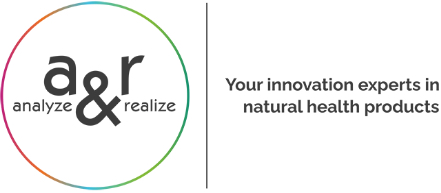
As a result of a multi-year safety assessment to evaluate the potential health risks to consumers from excessive intake of sugars through food, EFSA has published a scientific opinion on the tolerable upper intake level for dietary sugar.
As part of the safety assessment, nutrition experts concluded that the intake of added and free sugars should be as low as possible in a nutritionally adequate diet, as is the current recommendation anyway. However, the scientific evidence did not allow the establishment of a maximum tolerable intake level for dietary sugars in foods, which was the initial goal of the evaluation. For a better understanding of the intake of sugar, associated health problems and outcome of the opinion, EFSA published an infographic.
In this context, EFSA previously conducted a consumer study on sugar consumption, which served as the basis for the safety assessment. The aim of this survey was to assess knowledge and risk perception related to sugar consumption and its impact on health.
The public consultation allowed a division of the participants into two main groups: ‘low knowledge – low risk perception’ and ‘high knowledge – high risk perception’. The group with ‘low knowledge – low risk perception’ was characterized by more men, fewer participants with higher education and younger respondents. Perhaps social networks as a contemporary source of information can help to fill these gaps.
However, the study also indicates that at least half of the respondents are interested in buying foods with reduced sugar content in almost all considered food categories. It is now the responsibility of each national authority as well as industry associations to update their risk communication strategy, nutrition goals, and specific recommendations for consumers. a&r will follow the changes with interest and keep you updated.
